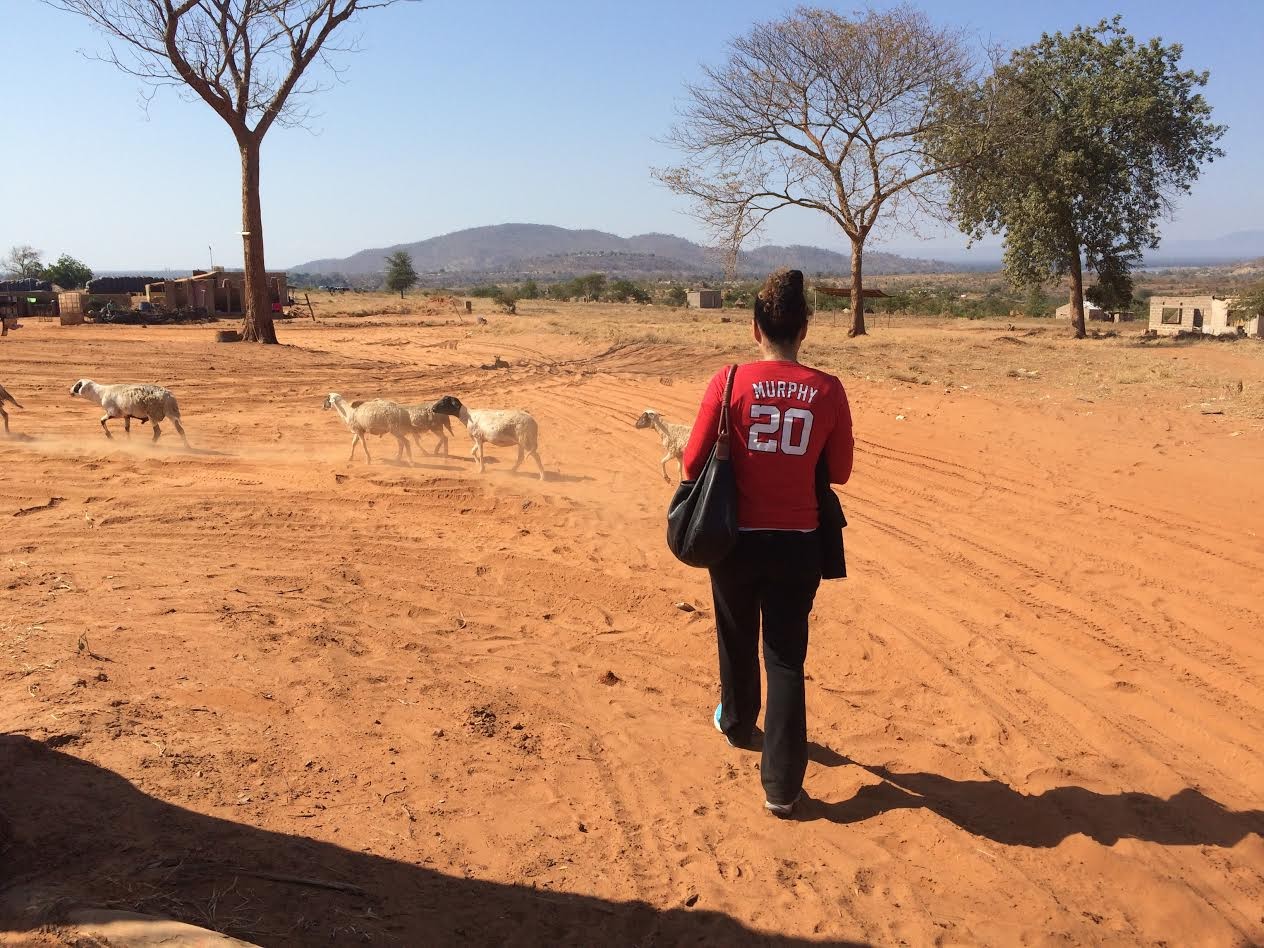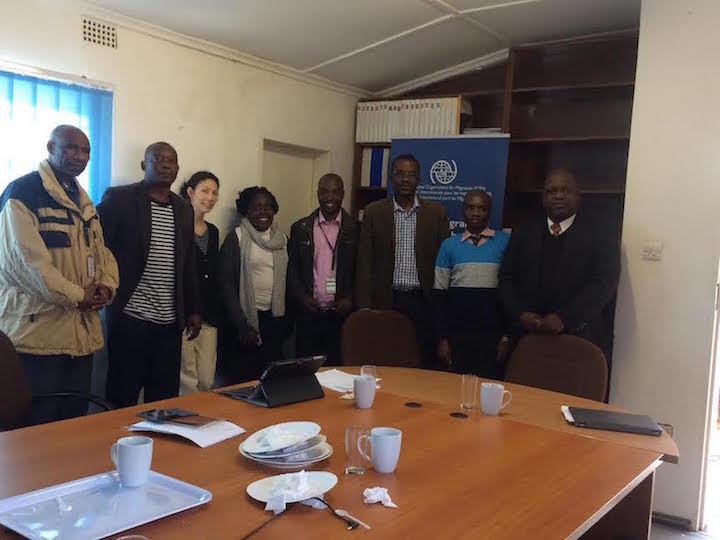As they conduct cross-country business, truck drivers in Zambia, Tanzania, Zimbabwe, and the Democratic Republic of Congo (DRC) can face lines at the border that last for days.
During this time, truckers have only the company of other truckers while they wait. Sex workers, who live and work at these borders, approach waiting trucks to offer their services.
Often lonely and tired, many truck drivers accept these offers -- after all, their beds are empty -- and report feeling remorse after the transaction, in addition to increasing their exposure to HIV. This often results in avoidance in getting tested for HIV, potentially increasing the spread of HIV in the region.
In addition to HIV exposure, truck drivers are exposed to multiple and ongoing daily stressors, with subsequent mental health and substance use problems. There is an urgent need to provide services to address these co-occurring issues.
A first: Study of traumatic events, mental health, substance use, and HIV
Based out of the Social Intervention Group (SIG) office, and funded by the International Organization for Migration (IOM) and the Columbia Population Research Center (CPRC), SIG Associate, founder of the Global Health and Mental Health Unit, and Associate Professor Dr. Lynn Murphy Michalopoulos conducted a quantitative study with truck drivers from DRC, Tanzania, Zimbabwe and Zambia.

There were many challenges in recruiting truckers, including mobility of the drivers, remote sites for data collectors, establishing trust and adequate referrals for truckers with severe mental health problems in places with few resources.
However, Dr. Michalopoulos and team successfully interviewed 230 truckers from Tanzania, Zambia, Zimbabwe and the DRC with a team of colleagues and local partners who were invaluable in the study, including a Columbia School of Social Work student, Karen Rester.

Together within SIG and with IOM and CPRC, Dr. Michalopoulos will be developing culturally and contextually relevant HIV prevention and intervention programs and services for the truckers based on their findings during this study.
This is the first study in the region to examine traumatic events, mental health problems, substance use and HIV risk behavior among this vulnerable migrant group.
- Read more about Dr. Lynn Murphy Michalopoulos and her work here.
- Are you a student interested in this research? Contact Dr. Michalopoulos ([email protected]) to ask about current opportunities.
- Learn about the research and interventions of the Social Intervention Group (SIG).
